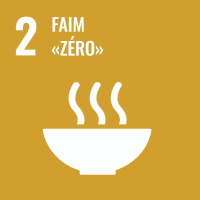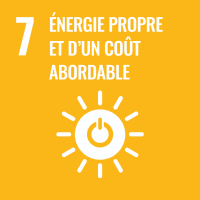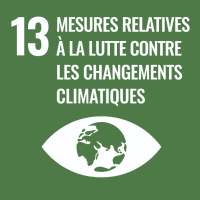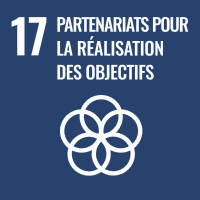Lilongwe - Malawi
Agroforestry
Reforest’Action is partnering with the NGO Inter Aide to plant 300,000 trees over three years to form hedgerows in several villages of the Lilongwe district, center of the country.
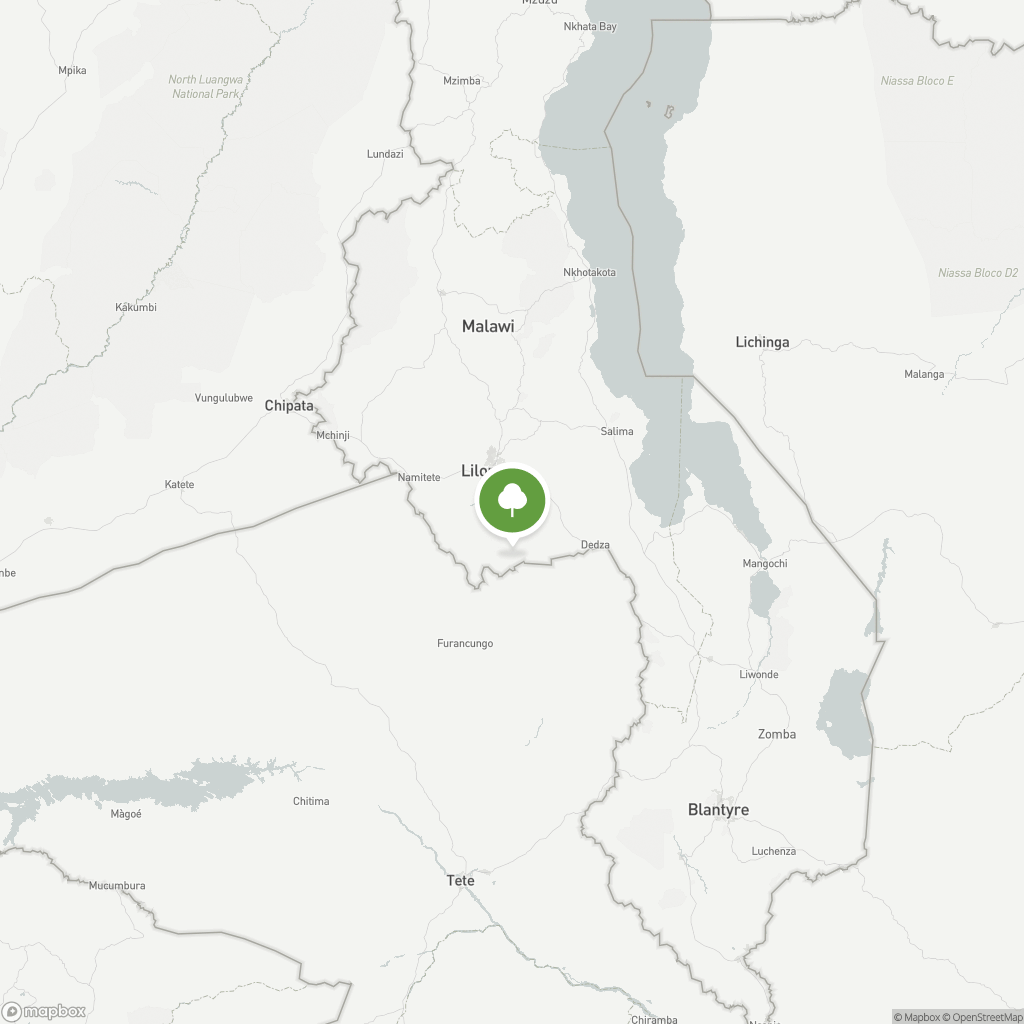
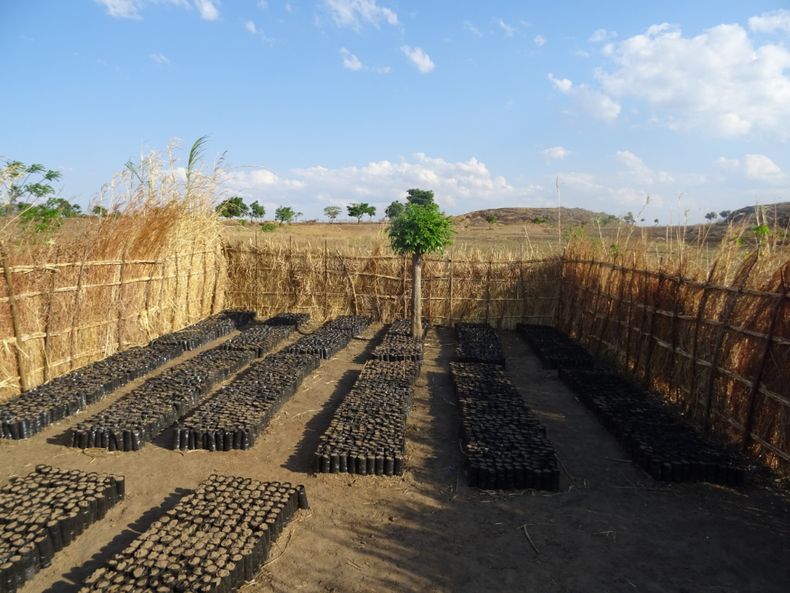
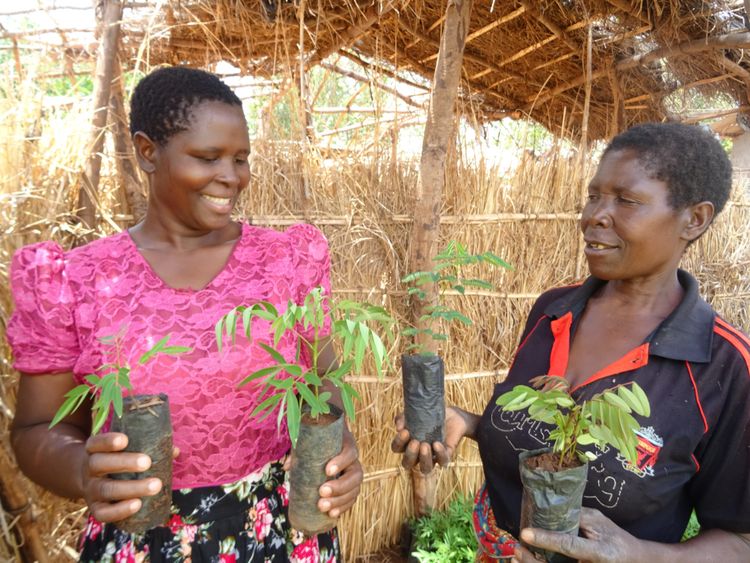
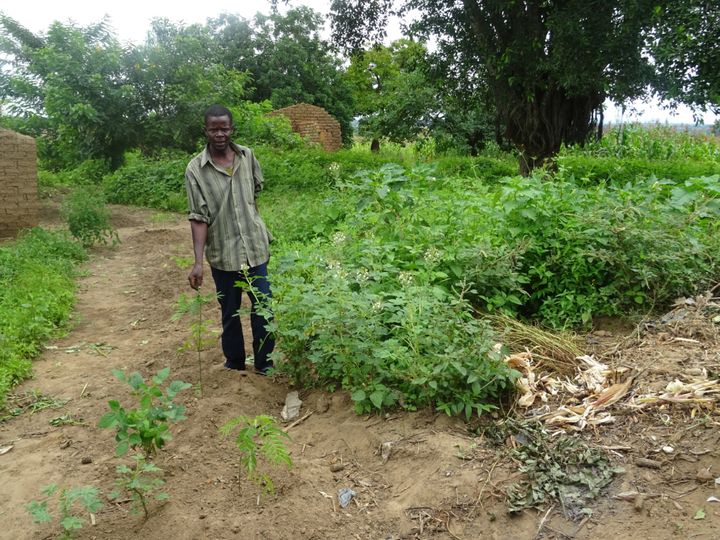
In Malawi, deforestation is responsible for the loss of approximately 33,000 hectares of forest every year. In this country where subsistence farming is the norm, the forest cover is disappearing to make way for crops. In addition, logging practices in order to meet the population’s energy needs, illegal wood trafficking, coupled with the effects of global warming, are endangering the forest as well as people’s resilience. Yet, trees are a precious and necessary resource for the population, whose density continues to grow.
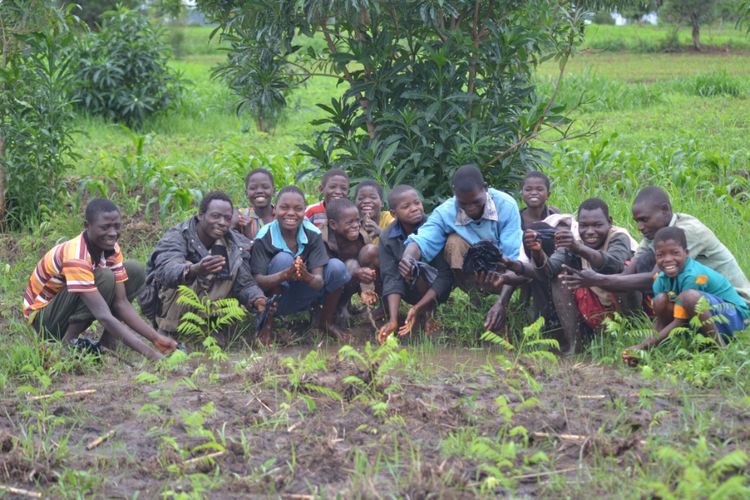
Developing agroforestry The formation of hedges allows restoring the environmental functions of agricultural land without encroaching on the space reserved for crops. Nurseries and trees are maintained by local communities, with the support of Inter Aide. Restoration of forest cover in Malawi Tobacco cultivation has accelerated the deforestation of the agricultural environment over the last 40 years. As the lack of woodland cover is becoming evident, the context is now favorable to sustainable management of plantations and environmental protection. Integrating and training local communities Our partner is raising awareness of the value of the bocage model among local communities, who are directly involved in the production of seedlings in nurseries, in the preparation of the soil, in the planting and maintenance of the planted trees, thus creating jobs. At the same time, training programs focusing on agroecosystem preservation techniques are being implemented
Founded in 1980, Inter Aide's main objective is to design, launch and monitor concrete development aid programmes in six African countries and in Haiti. Since 1997, the organisation has been training rural communities in Malawi to create tree nurseries and plant trees.
